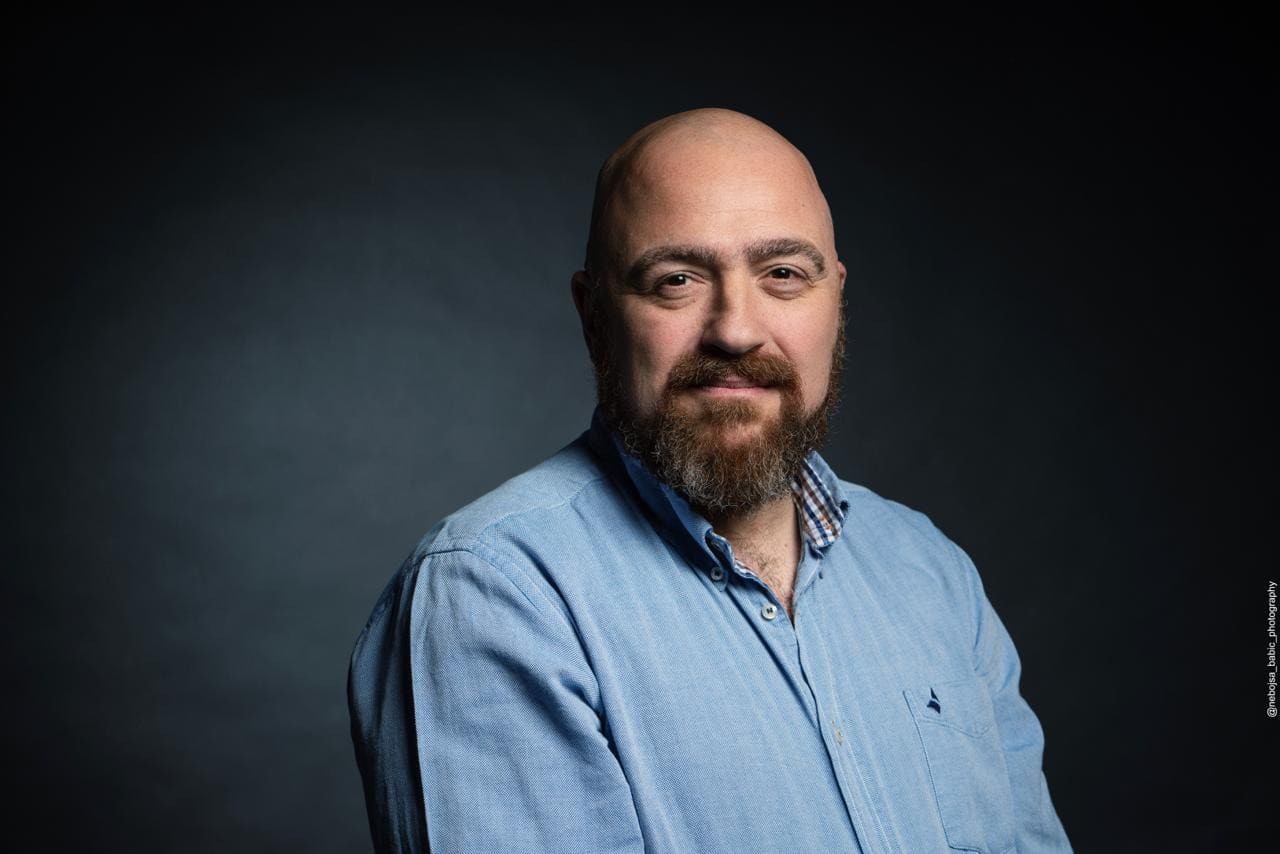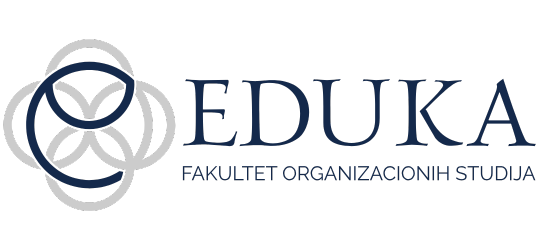
Growth Mindset
The term “growth mindset” has been a buzzword in the business environment for years. We talk about development, encourage growth, foster a culture of progress, change, and improvement... Sounds familiar? Probably. It’s an ideal we all strive for. We know it’s both desirable and meaningful. Today, we know that people with a growth mindset learn better, make more progress, are more resilient to mistakes, can use feedback more effectively, handle frustration better, are more self-motivated, and more willing to face challenges — seeing them as opportunities and inspiration.
But what exactly does a growth mindset mean? How can we nurture and develop it? Are there any concrete guidelines? Can psychology offer clear, empirically based directions, or is it all just about nice-sounding phrases? These are exactly the questions we’ll be exploring.
During the lecture, participants will have the opportunity to get familiar with the concept of the growth mindset and its various implications — whether we are talking about personal or team development, or educational and business environments.
- How to distinguish between a fixed and a growth mindset in practice?
- What does research say?
- How to change one’s mindset?
- How to recognize when a fixed mindset takes over?
- How to shift from a fixed to a growth mindset (in ourselves and others)?
- How to formulate effective feedback (both positive and negative)?
- How to encourage ourselves and others?
Simply put — a mindset itself can be “developed.” During this lecture, participants will have the chance to reflect on their own mindset and learn about tools that can help them foster a growth mindset in the environments they lead or influence.
About the Lecturer:
Vladimir Borovnica – Specialist in medical psychology, holder of the European Certificate for Psychotherapy – systemic family psychotherapist. He has been working for twenty years at the Hospital for Psychiatry, University Clinical Center “Dr Dragiša Mišović – Dedinje,” where he is engaged in psychological assessment and various psychotherapy formats (individual, group, family). For the past 17 years, he has also been conducting corporate trainings on psychological topics, mainly focused on stress, interpersonal relationships, and motivation. During that time, he has wor




